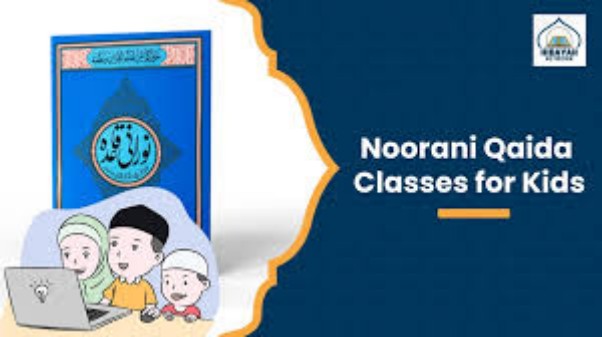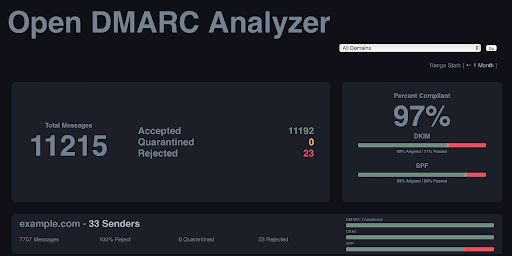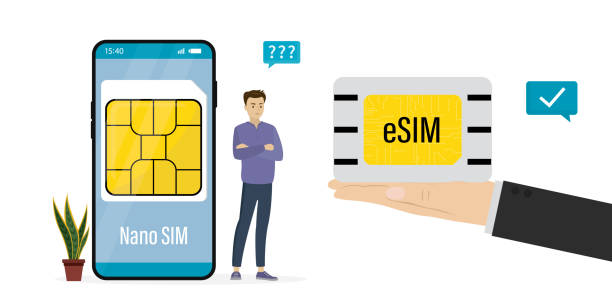Noorani Qaida Online vs Traditional Class Which Is Worthwhile?

Strong 8k brings an ultra-HD IPTV experience to your living room and your pocket.
When it comes to teaching children the basics of Quranic Arabic, Noorani Qaida is often the first step. This foundational text is crucial for helping young learners grasp the Arabic alphabet, pronunciation, Tajweed rules and basic reading skills. It lays the groundwork for reading the Quran fluently and correctly. However, in today's digital age, parents are faced with a dilemma: should they opt for traditional Noorani Qaida classes or explore online options?
This blog post aims to guide parents through this decision-making process. We will compare traditional vs Noorani Qaida online classes, evaluate the pros and cons of each method, and provide practical tips for choosing the best learning approach for your child. Read on to make an informed choice that aligns with your kids' needs.
Effectiveness Comparison
Engagement
Traditional classes provide a disciplined environment, social skills and community involvement that can boost engagement. The presence of peers and a teacher can motivate children to participate actively. On the other hand, online classes require more self-discipline but offer personalized attention, interactive tools and multimedia resources that can make learning engaging.
Learning Outcomes
Studies suggest that both methods can be equally effective if tailored to the child's learning style. Personalized attention and immediate feedback are crucial, whether delivered in person or online. The key is consistent practice and reinforcement of lessons. However, online classes give parents an opportunity to assess their child’s learning journey by sitting beside their child.
Convenience and Accessibility
Scheduling Flexibility
Online Qaida Noorania class wins hands down when it comes to scheduling flexibility. Parents can choose times that fit their family’s routine, making it easier to maintain consistency. Traditional classes, with their fixed schedules, can be less accommodating.
Geographic Reach
Online classes break geographical barriers, providing access to quality education regardless of location. Traditional classes are limited to local availability, which can be a significant drawback for families in remote areas. Moreover Noorani Qaida in English caters the need of the western students and make their Quran learning possible
Ease of Use
Online platforms are generally user-friendly, but they require a certain level of digital literacy. Traditional classes, being straightforward, don't demand any technical know-how but do require physical attendance.
Cost Comparison
Tuition Fees and Additional Costs
Traditional classes may involve higher costs due to transportation, facility rentals, teacher fees, reading materials and uniforms. Whereas online classes typically have lower tuition fees generally $25 to $30 compared to traditional classes, students just need a laptop or a smartphone making them a more economical choice for many families. These classes use Skype or Zoom for video class and Noorani Qaida pdf as learning material, making them a budget-friendly option.
Value for Money
The value derived from either method depends on the quality of instruction and the child's engagement. However, in Online classes, you have flexible options to test the quality of more than one tutors or academies. Whereas in traditional setting these options are rare. Both methods offer unique advantages, and the cost should be weighed against these benefits.
Tips for Selecting the Right Method
Assess Your Child’s Learning Style
Observe whether your child thrives in structured environments or prefers flexible, tech-based learning. This insight will guide your decision-making process. The best technique to assess your child is to arrange a 3 days trial class.
Consider Your Schedule
Evaluate your family’s routine and choose a method that seamlessly fits into your life. Flexibility is key to maintaining consistency in your child’s education and make it easy for him to read Quran online.
Budget Wisely
Consider the long-term financial implications of each method. Choose an option that offers the best value for your investment without compromising on quality.
Conclusion
Choosing between online and traditional Noorani Qaida classes is a significant decision that can impact your child's religious and cognitive development. Both methods offer unique advantages and cater to different needs and preferences. Take the first step today by exploring both options and finding the perfect fit for your family.
Whether you choose the structured environment of traditional classes or the flexibility of online learning, the goal remains the same—to provide your child with a strong foundation in Norani Qaida.
Note: IndiBlogHub features both user-submitted and editorial content. We do not verify third-party contributions. Read our Disclaimer and Privacy Policyfor details.







